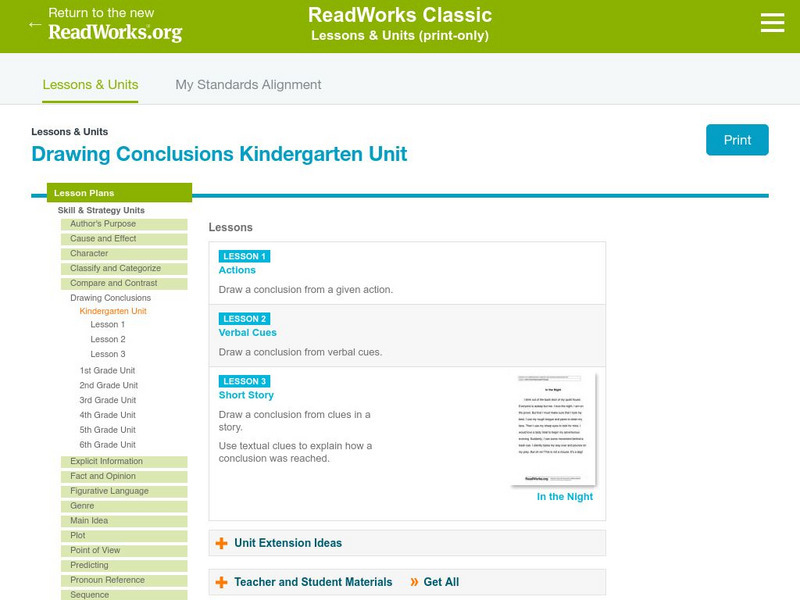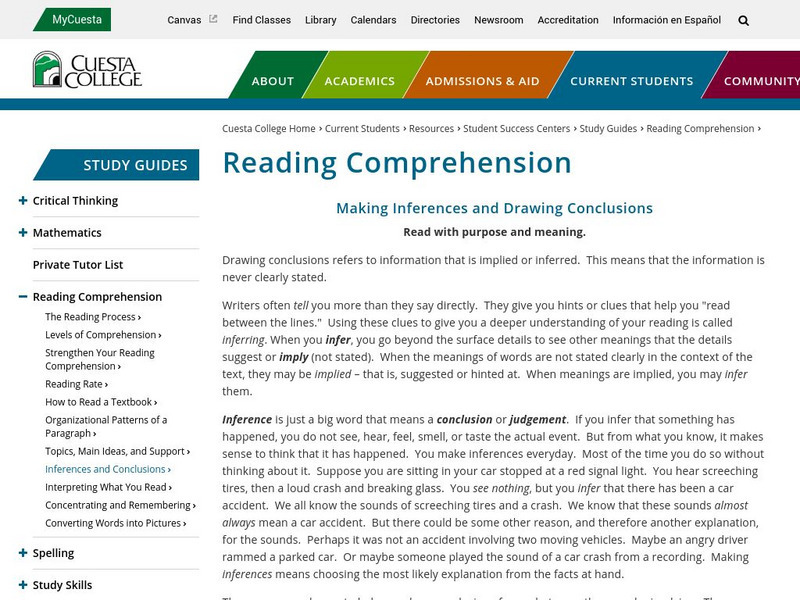Curated OER
Fly, Fly Away
Students use materials from their own environment to design a kite. In this kite design lesson, students research the history of kites and obtain a formal mathematical definition of a kite. Students sketch kite designs after discovering...
Curated OER
Rain Forest Birds
Fifth graders look at the levels of the rain forest. In this rain forest lesson, 5th graders choose a rain forest animal and explain which of the four levels of the rain forest they think that animal lives in. They also complete a word...
Curated OER
Pythagorean Theorem: Triangles and Their Sides
Students investigate triangles and their relationship to each other. In this geometry lesson, students solve right triangles using the properties of the Pythagorean Theorem. They differentiate between right, acute, straight and oblique...
Curated OER
Between The Extremes
Students analyze graphs for specific properties. In this algebra lesson, students solve equations and graph using the TI calculator. They find the different changes that occur in each graph,including maximum and minimum.
Curated OER
How Sharp Is Your Memory?
Students play a memory game as they explore reasoning. In this algebra lesson, students identify concepts using pictures and words. They model real life scenarios using hands on manipulatives.
Curated OER
Statistical Accuracy and Reliability
Ninth graders assess the accuracy and reliability of current survey data and how it is represented. They design a survey, collect data, and use technology to analyze the data and present the results. Students examine scatter plots and...
Curated OER
How Long? How Tall?
Seventh graders investigate the parts of the human body and examine the symmetry of body parts like arms and legs. They measure the body parts and take individual height and weight to compare the quantities. Student examine whether the...
Curated OER
Mississippi’s Contribution to Space Exploration
Eighth graders engage in a class discussion while going through a PowerPoint on Mississippi's contribution to space exploration. In this Space science lesson plan, the students will also participate in Brain Pop quizzes where they will...
Curated OER
Reflections on Poetry Readings
Eighth graders design and compile a booklet of published and original poems reflective of a specific theme.
Curated OER
Energeia -- Energy Diary Activity
Students identify the six types of energy. They write journal entries about each type and give examples. They participate in a lab activity in which the different types are examined as well.
Curated OER
Exhibiting Your Knowledge
Students are introduced to the various museum functions. In groups, they create a traveling exhibition based on Gutenberg's invention and the first printed book. They share their exhibition with the class and answer any questions presented.
Curated OER
How Does it Affect Plants?
Students examine the effects of acid rain on plants. They observe the growth of seeds and the health of different plants for a month. They share their findings with the community.
Curated OER
Heat Transfer and Pollution
Students perform computer simulations on air dispersion. In this chemistry lesson plan, students calculate energy transfer based on specific heat and temperature change. They explain the causes of smog.
Read Works
Read Works: Drawing Conclusions 1st Grade Unit
[Free Registration/Login Required] A three-instructional activity unit on drawing conclusions through which students learn how to use pictures and context clues to discover a missing word and to draw conclusions about a story. Students...
Other
Pennsylvania Doe: Lesson Plan: Making Inferences and Drawing Conclusions
In this lesson the teacher uses modeling and questioning strategies to walk students through making inferences in various texts and then using those inferences to draw conclusions.
Polk Brothers Foundation Center for Urban Education at DePaul University
De Paul University: Center for Urban Education: I Can Draw Conclusions: History Analysis [Pdf]
Students can use these guiding questions as they complete two graphic organizers about a historical event. Students will then ask guiding questions about the historical event to draw conclusions about the historical event.
Read Works
Read Works: Drawing Conclusions 3rd Grade Unit
[Free Registration/Login Required] A two-lesson unit on drawing conclusions through which students learn how to recognize the difference between implicit information and drawing conclusions. Students also learn to draw conclusions in...
Read Works
Read Works: Kindergarten: Three Lesson Unit: Drawing Conclusions
[Free Registration/Login Required] Three lessons designed to introduce young learners and beginning readers to the concept of drawing conclusions based on actions performed in a charades game, on verbal cues given in a guessing game, and...
Read Works
Read Works: Fourth Grade: One Lesson Unit: Drawing Conclusions
[Free Registration/Login Required] Young scholars are guided through a lesson to understand the difference between explicit information and conclusions drawn from a text. With free login, users have access to passages used in this lesson.
Read Works
Read Works: Drawing Conclusions Kindergarten Unit: Short Story
[Free Registration/Login Required] A lesson plan teaching students to make conclusions based on a sentences and short texts. Students use textual cues to explain how the conclusions were reached. Ideas for direct teaching, guided...
Quia
Quia: Inferences and Drawing Conclusion
Read a short text and then choose the correct inference or conclusion in this Rags to Riches style game.
Annenberg Foundation
Annenberg Learner: Journey North: Reading Strategies: Make Inferences and Draw Conclusions
Learn how to go beyond the literal meaning of a text by using a list of guiding questions to make inferences and draw conclusions.
Quia
Quia: 5th Grade Drawing Conclusions
Read a short text and then choose an appropriate inference or conclusion in this five-question quiz.
Other
Cuesta College: Reading Comprehension Guide: Inferences and Conclusions
Explanations and examples of inferences and conclusions in reading and in understanding context clues to define unknown vocabulary.



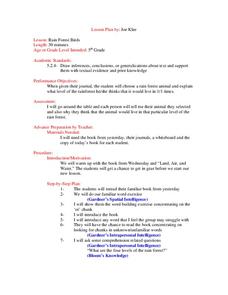

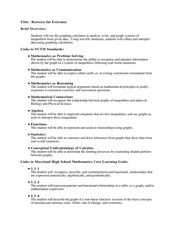


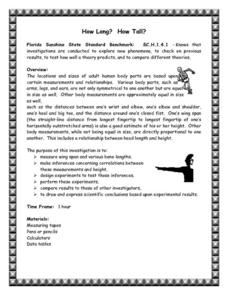


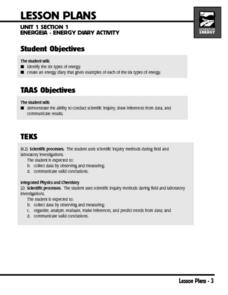

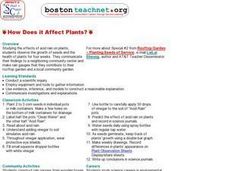

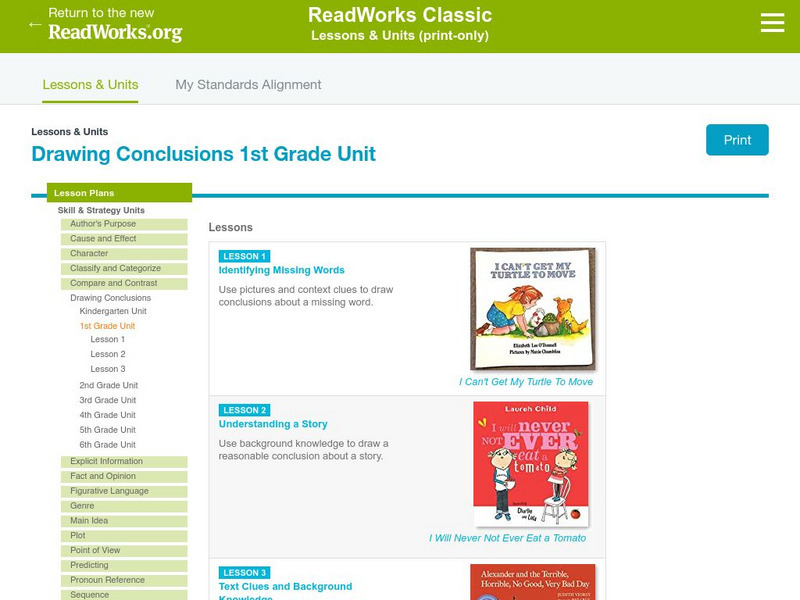

![De Paul University: Center for Urban Education: I Can Draw Conclusions: History Analysis [Pdf] Activity De Paul University: Center for Urban Education: I Can Draw Conclusions: History Analysis [Pdf] Activity](https://content.lessonplanet.com/knovation/original/119989-9e7c5fe7337c4692a71d6981f22134f7.jpg?1661787068)

